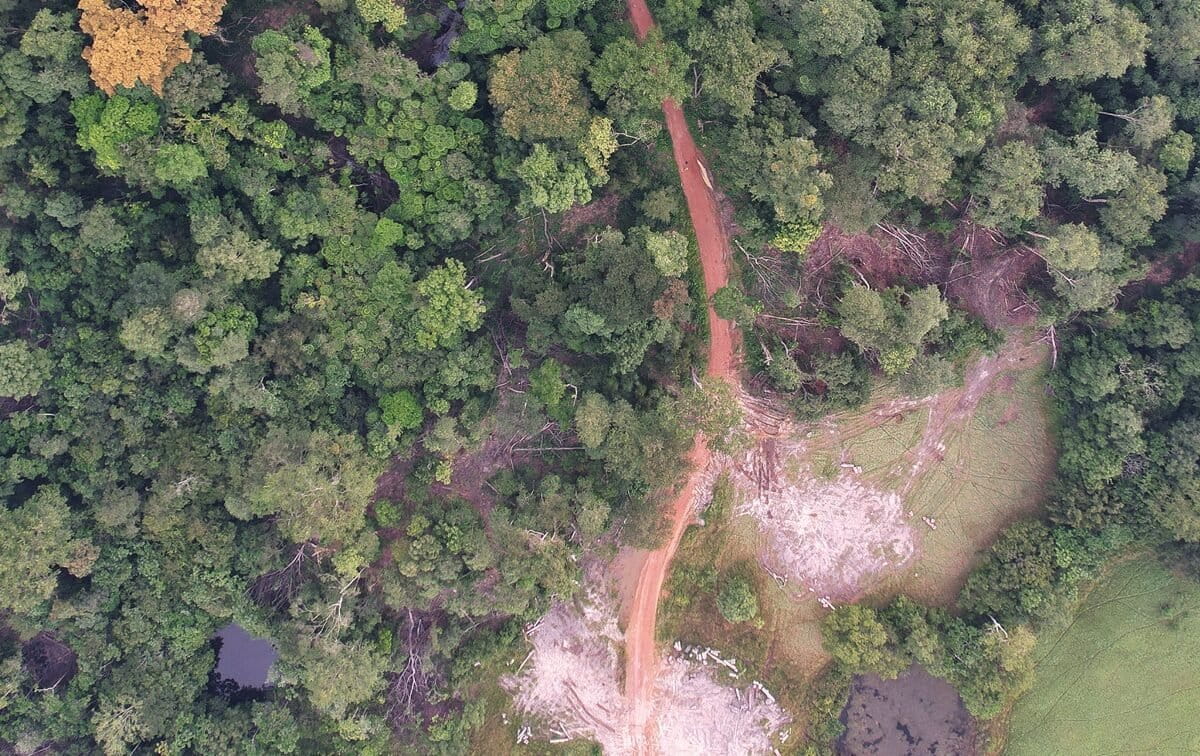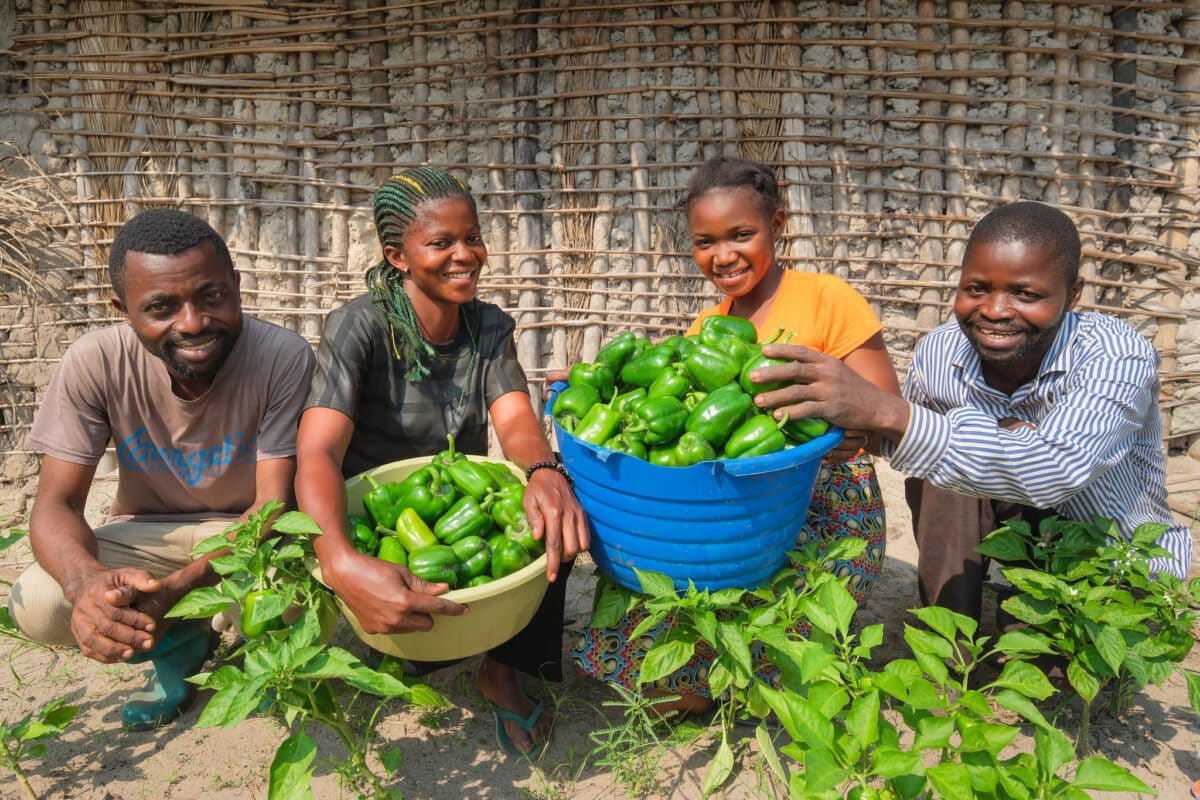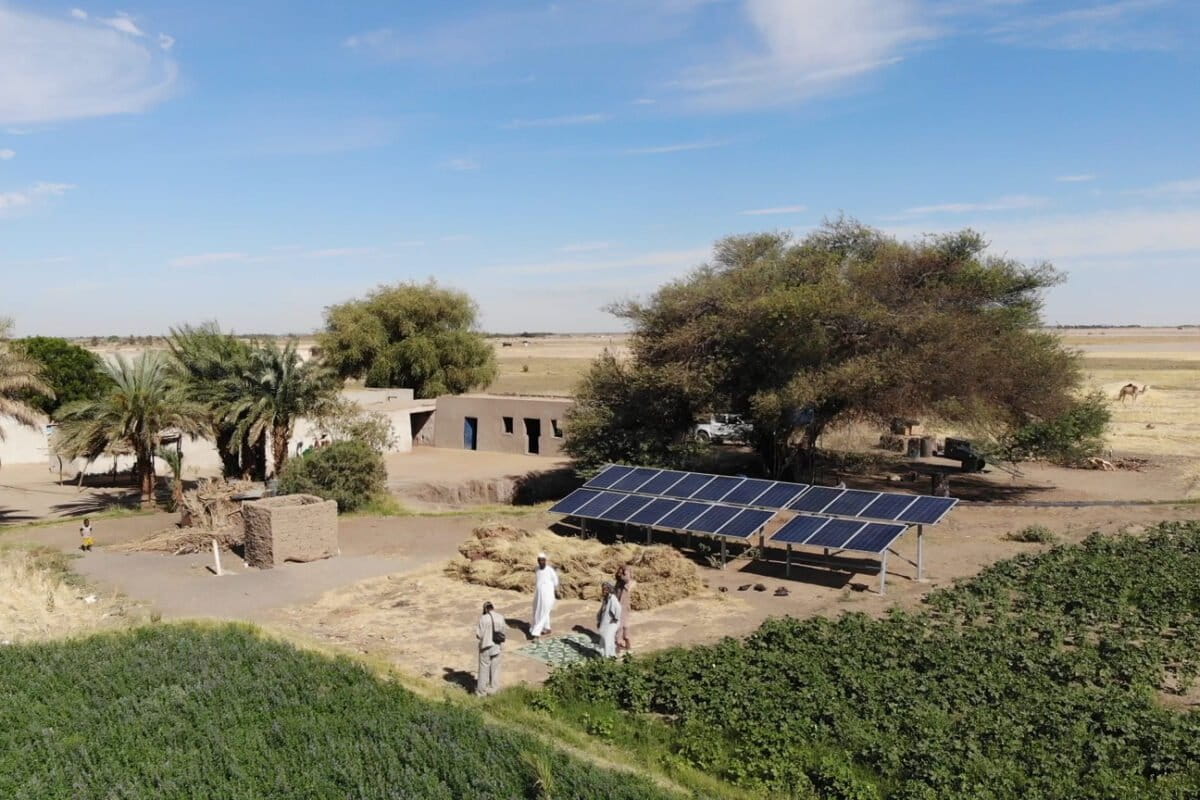A recent report says that a new Philippine law meant to hold companies responsible for their plastic waste is showing “promising results,” with most of the country’s largest plastic packaging producers going beyond the minimum recovery target. But critics say the law has several shortcomings.
The Philippines’ Extended Producer Responsibility (EPR) law of 2022 requires large companies with more than 100 million pesos ($1.7 million) in assets to take responsibility for reducing their plastic waste. They’re expected to recover 20% of their plastic waste by the end of 2023 and 80% by 2028, preventing it from entering the environment.
Companies can comply with the recovery targets on their own or authorize a “producer responsibility organization” like the nonprofit PCX Solutions, which published the report.
The report estimates based on available data that 626,725 metric tons of plastic packaging in the Philippines need to be recovered annually.
By the end of 2023, the first milestone, 947 companies had registered for the country’s EPR program and helped recover and divert 163,000 metric tons of post-consumer plastic packaging waste, the report says. While government is yet to validate the numbers, the report added that this suggests plastic packaging recovery has already surpassed the 20% target for the year.
However, not all firms obliged to comply with the EPR law have done so, the report says, suggesting education and awareness to improve compliance are still needed. The report also noted several challenges, including addressing decades of legacy plastic pollution, creating the supply and demand for recycled materials, and reducing unnecessary plastic packaging.
Dominic Hogg, founder of U.K.-based environment consultancy Equanimator and author of a report about EPR in the Philippines and other countries, said the PCX Solutions report “makes some sensible comments” about the law, but cautioned it doesn’t address its “key shortcomings.”
Hogg said the data in the report also fail to clarify “what the scheme has achieved that was not already happening in the Philippines: there is no clear indication of who received how much money for doing what under the scheme.”
The report emphasized the role of incentives to boost compliance, like plastic credits, where companies can pay other groups to clean up plastic waste and earn credits in return, without having to rely on their own efforts. However, Emma Priestland from the NGO Break Free From Plastic (BFFP), told Mongabay that “plastic credits can be deeply problematic and can actually incentivize harmful waste treatment methods,” such as burning plastic in cement kilns that causes air pollution.
Miko Aliño of BFFP added that the Philippine EPR “is limited to plastic collection targets, having little impact on reduction.”
“The law doesn’t mandate companies to reduce their plastic footprint through production reduction, product redesign, or reuse systems — higher-priority strategies in the Zero Waste hierarchy,” he said.
Banner image of waste pickers in the Philippines, courtesy of PCX Solutions.














